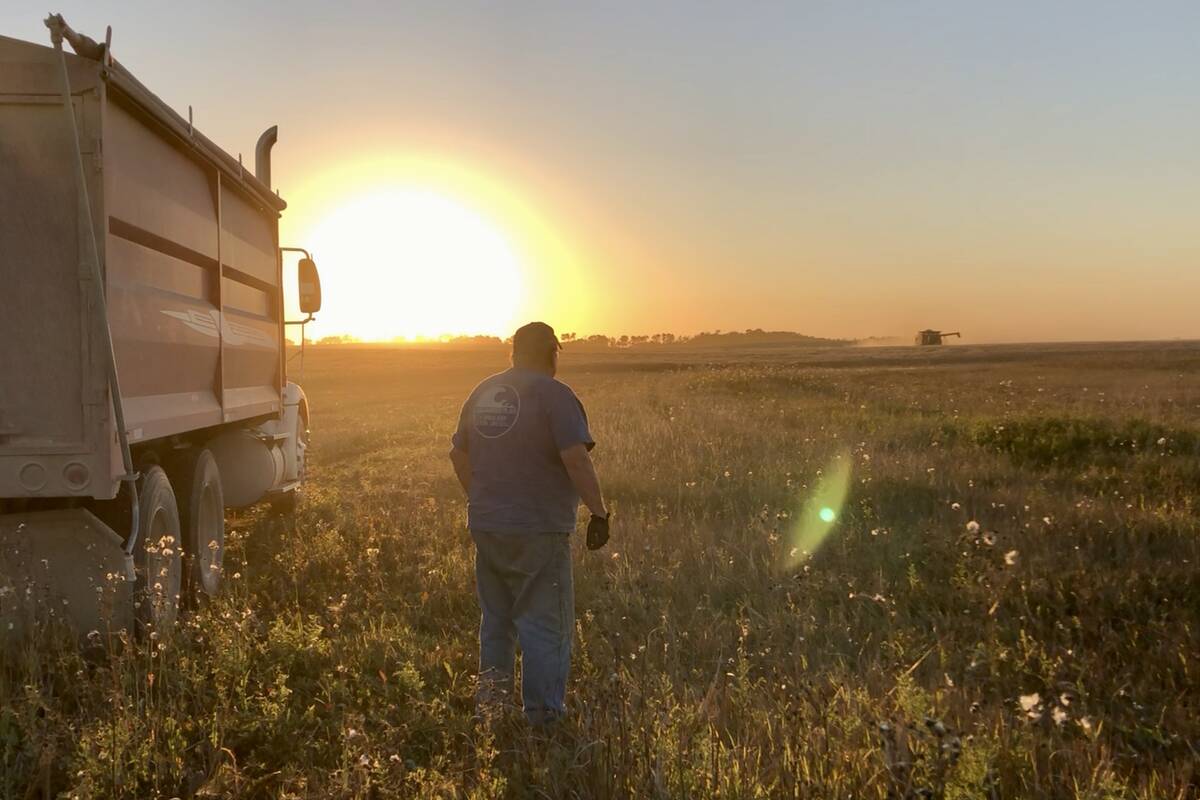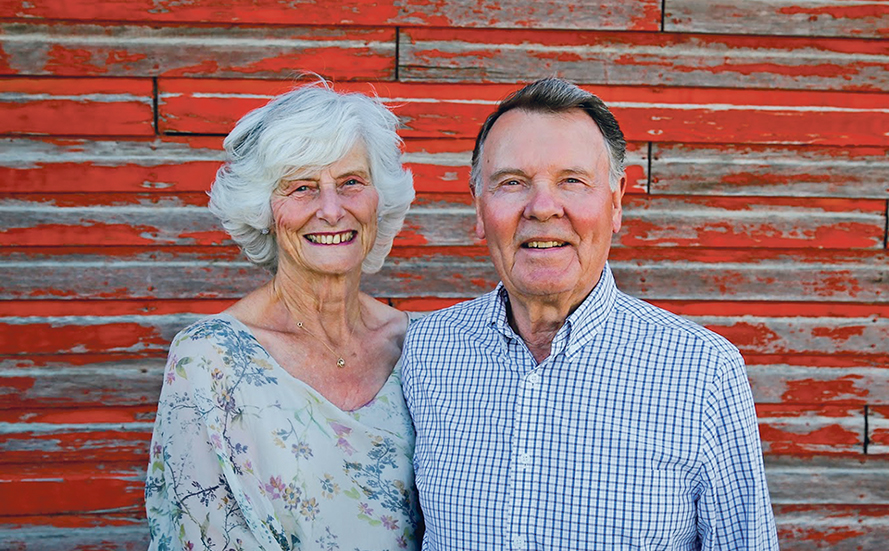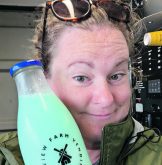Retired farmer has remained an active member on the board of the Agricultural Producers Association of Saskatchewan
Don Connick planned to write fiction and non-fiction when he retired. He retired about seven years ago, but still hasn’t found time to write.
Instead, the Gull Lake, Sask., farmer is busy looking after his yard, serves as chair of his local United Church council, fixes fences around the remaining pasture and sits on the Agricultural Producers Association of Saskatchewan board of directors.
“We live on the farm and we have a nice house and a very nice yard and the yard requires a lot of work and that is where we are happy. We plan to stay here until our health won’t let us. In the summer we run some heifers on native pastureland. It helps keep our interest up on the land,” said Connick.
Read Also

VIDEO: Bittersweet harvest for this family farmhand
Bruce Burnett helps his brother harvest wheat and canola for the last time on the family farm in Manitoba where they both grew up.
Staying connected to agriculture and the local community before retiring and after retiring is a key part of a good retirement plan, said Connick.
“I think it is important. It keeps you involved, it keeps you active, it keeps your mind active, but also in the rural community we need all the hands we can get. It is an opportunity to do your part, but it works both ways. It gives you satisfaction and something to look forward to,” said Connick.
“When I get a form that says occupation, I write down retired because I don’t know what else to write down.”
His wife, Norma, works in the yard, is a member of a quilting club and a prayer shawl knitting society and the pair spend time with their three grandchildren. Norma retired from her career as an RN a few years before Don.
The couple hadn’t planned on renting their grain land and selling their cattle, but a bout with colon cancer seven years ago accelerated their retirement plans. They rented their land to two neighbours and sold their cattle. Luckily, Don’s cancer was caught early and is not something he dwells on.
“I had a due date for retirement. But this happened before that time. It was a push and it was OK. We do fine. We live in a great community, we have excellent neighbours and the people that rent our land are really excellent. We are happy with the way things have happened for us.”
After graduating from agriculture at the University of Saskatchewan, Connick worked as an agricultural representative with Manitoba Agriculture in Boissevain, as well as the Turtle Mountain Conservation District.
“It is beautiful country and we both have great affection for the Turtle Mountains.”
With his first paycheque after graduation, Connick bought a SLR Minolta camera and photography has been a passion ever since.
Connick didn’t take photos of the grain elevators and other prairie icons. Instead, he focused his lens on wildflowers, native grasses and animals. Through his love of photography he learned to love the tiniest flowers and grasses.
“I learned to identify them and have a deep appreciation for them,” he said.
“I got sick of people saying ‘you drive across the prairies and there is nothing to see’. I said there is plenty to see. Not at 100 km-h, but if you slow down and look at things like the wildflowers there is.”
His most rare wildflower finds were a blue gentian and fringe gentian. An amateur botanist in Manitoba pointed out the flower. Later, while walking through his native pasture in Saskatchewan he found it there too.
“I was out there one day and spotted a blue gentian out here. I was surprised and it was an amazing discovery.”
After 12 years in Boissevain, the family moved back to the Gull Lake farm when his father announced his retirement.
“My dad thought he had the idea of retiring and we had the opportunity to move back home to the family farm and that is what we did. After he retired, he came out to the farm just about every day in the summertime and was certainly a big help for me. Even in the winter, for the first several winters, I was working off the farm to try and make ends meet and he would come out and do the chores. The farm was his life. His heart was really on the farm.”
For the past 20 years, Connick has been part of the Agricultural Producers Association of Saskatchewan, a farm advocacy group. He was the rural municipality representative for the RM of Carmichael and later elected to the board of directors. The 20-year association with APAS has been an important part of his life.
“I really believe in the work they are doing and am happy to be part of it. They do a great job of advocating for farmers and ranchers in the community. The best thing about my time with APAS is I had the opportunity to meet and engage with so many great people, not only from Saskatchewan, but all across this great country. That is something that has been part of my life for the past 20 years.
“You really get an appreciation for the people and the country.”
While colon cancer accelerated his retirement from active grain farming, Connick said the slow phase-out of other parts of their farming operation to more volunteer activity has been a good process.
“Some people have a plan. It has been part of their retirement. Some people just phase out step-by-step. That is what I have done here. It still takes some planning and some goal setting. I hate to see people forced into retirement for ill health or economic hardship. That happens all the time. Some people hang in there until they have an accident or health issues. I think it is much better if you can write your own story and be happy with what you are doing.”
This winter, the family is working on a basement reorganization project that includes creating an office for Don where he can focus on writing. He dabbles in cowboy poetry and has written some family history and stories of interesting local characters.
With a dedicated office space, the next step in retirement will be to write a comprehensive family history.
“It is a matter of disciplining myself and get going on it.”

















